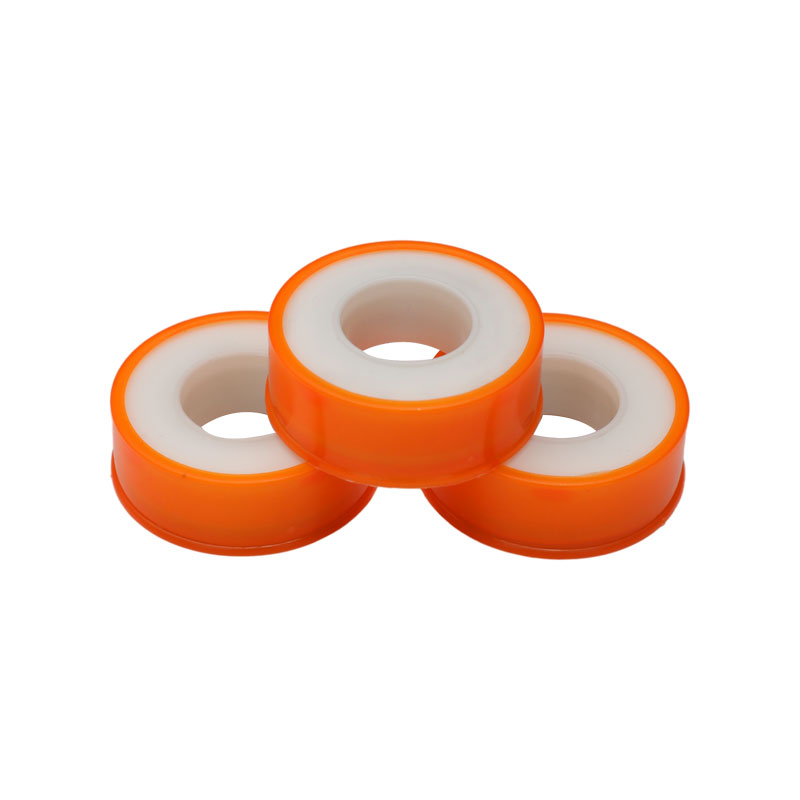While 12mm Teflon tape, made of polytetrafluoroethylene (PTFE), is highly resistant to a broad range of chemicals, there are some substances and conditions that may pose challenges or limitations. Here are considerations for substances that may not be suitable for Teflon tape:
Alkali Metals:
Teflon tape may not be suitable for use with alkali metals such as sodium and potassium, especially in their molten state. Alkali metals can react with PTFE.
Fluorine Gas:
Direct exposure to fluorine gas may lead to degradation of Teflon. Fluorine gas is highly reactive and can break down PTFE.
Certain Highly Reactive Chemicals:
While PTFE is resistant to many chemicals, there are highly reactive substances, particularly under extreme conditions, that may adversely affect Teflon tape. It's advisable to consult chemical compatibility charts for specific details.
Certain Lubricants:
Some lubricants or greases containing volatile solvents may not be suitable for use with Teflon tape. It's essential to use compatible lubricants to maintain the tape's integrity.
Highly Abrasive Particles:
Teflon tape may not perform well in applications where it is exposed to highly abrasive particles. Abrasive materials could potentially compromise the surface of the tape over time.
Extreme Temperature and Pressure:
While Teflon is known for its temperature resistance, extreme conditions, such as very high temperatures and pressures, may affect its performance. PTFE has a maximum continuous use temperature, and exceeding this limit could lead to degradation.
Mechanical Stress:
Excessive mechanical stress or impact on Teflon tape may compromise its integrity. Avoid sharp objects that could cut or puncture the tape.
Gamma Radiation:
PTFE can degrade under prolonged exposure to high levels of gamma radiation. Applications involving constant exposure to radiation may require special consideration.



 English
English Espa?ol
Espa?ol
















